Open Enrollment Season: Review Before You Renew
Why is open enrollment important?
Every year it is very important to check that your health insurance plan covers the things that you need, like your doctor being in network and your prescriptions are covered, as insurance companies will often change their plans from year to year. Your health insurance might have the same name as last year, but everything...









